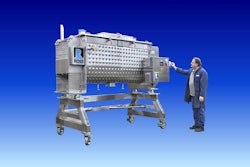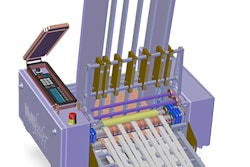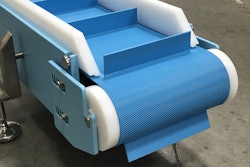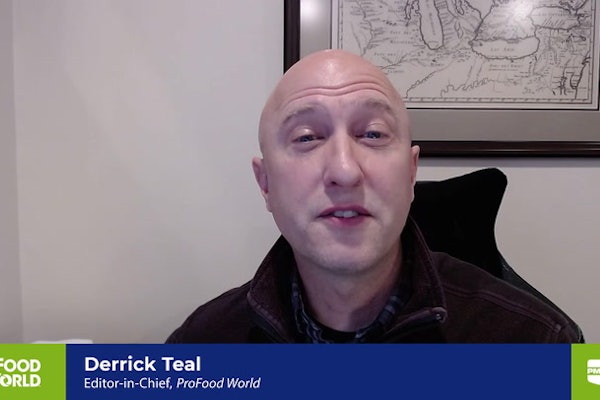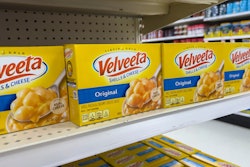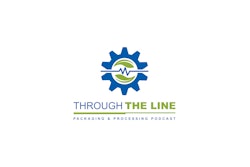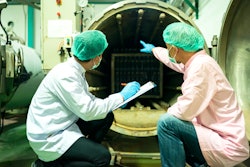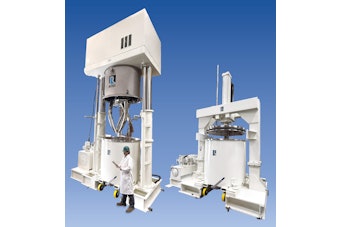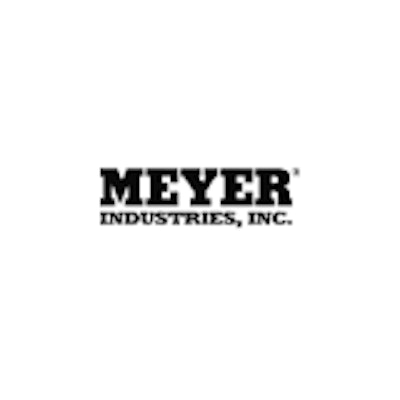
Meyer Industries, Inc., a world leader in the design, engineering and manufacturing of vibratory conveying, bulk material handling and food processing equipment, has been acquired by Precision, Inc., an international employee-owned heavy-industry conveyor, pulley and idler manufacturer based in Pella, IA.
According to Precision, which has established a new food division, the acquisition will add products and markets to its food industry sales and complement product offerings from its Kofab operation. At the same time, the move is expected to result in better serving the needs the Meyer Industries’ customer base through a larger platform of research, engineering and manufacturing resources.
Founded in 1945, Meyer services its Fortune 100 national and international customer base with manufacturing and production facilities located in San Antonio, TX. Its more than 75 full-time engineering, customer service and skilled-trade employees will continue to work at the San Antonio plant. Eugene Teeter, Meyer former president/CEO, will stay with the company through the transitional period. All other key personnel will be staying with the company.
The Conveyor Equipment Manufacturers Association ranks Precision, Inc. as the number one conveyor, pulley and idler company. It has over 700 global employees and 11 manufacturing plants in the US, not including the Meyer Industries purchase. Meyer and Kofab will be the founding base for the new food division, which will be headed by Greg Stravers, senior vice president, Precision.



